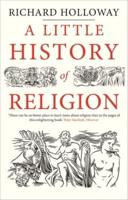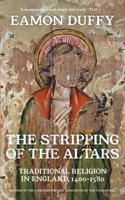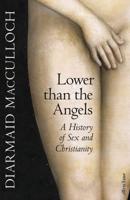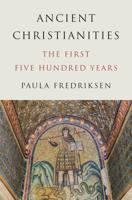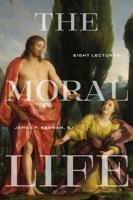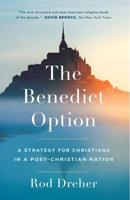Publisher's Synopsis
The world, as we know it, is fast changing right in front of our eyes.The Evangelical Church in the United States, and in many other parts of the world, in general, is trapped at a pivotal crossroads of this change.At this crossroads, the Church's paralysis has been magnified by a renewed and raging debate about the role of Christianity in the affairs of nations.This debate has intensified with the U.S. Supreme Court ruling in April of 2015, that states must legalize same-sex "marriage," igniting the long existing battle between the "Separation of Church and State" over the issue.
The Church has two stark choices to make: either recover its unambiguous truth, spiritual authority, and leadership influence or be part of the prevailing political correctness that disregards or "re-interprets" God's timeless word to fit popular and contemporary opinion.This book is about re-iterating the unequivocal truths about our role as Christians in the public square and resolving one of the Church's last frontier that requires being conquered with the Biblical truth: the old age conflict of the separation of God's Word from the conduct and affairs of nations.Only God has the unlimited power to govern and has delegated this authority to the individual, family, Church and the State.God has a blueprint that guides the affairs of nations and He is not silent on matters of good governance, righteousness, and justice. Is there such a reality as neutrality, or the separation of religion, and faith from politics and the affairs of the State? Is a "secular state," in and of itself, not a belief system?From a Biblical and historical perspective, Joshua M Ngoma has given definite answers to the following questions:
1. Should Christians no longer look to public policy to reflect Biblical ethics?
2. Can the Government reflect one particular view over another?
3. As Christians, can we force our beliefs on others by controlling public policy for taxpayers or should the Government make provision for "all types of people" to live as they wish as long as they also pay taxes?
4. Did Jesus seek to change the world through personal transformation alone and not public policy?

